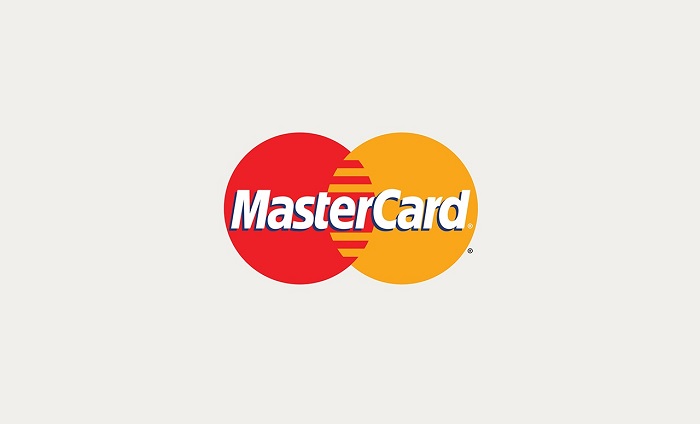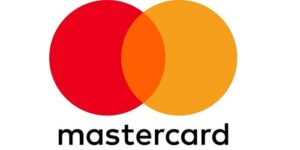Nubank and Mastercard’s Exclusive Study Charts the Course for Financial Health Transformation

- Nubank and Mastercard’s study in Brazil highlights the transition from financial access to usage, revealing prepaid cards as a gateway to advanced financial products.
- Active usage of digital payment tools alongside financial education is key to accelerating the journey towards sustainable financial health, benefiting individuals and communities.
Nubank and Mastercard released findings from a study measuring the financial inclusion impact on individuals, including some who have historically been on the margins of the traditional banking system in Brazil. The study provides a view of customers’ experiences accessing and using financial solutions and tools, and the impact of those experiences on their ability to advance toward financial security and health. The four-part framework used in the study – access, usage, security, health – illustrates the holistic, non-linear journey of financial inclusion. While the study was developed in Brazil, the methodology allows the insights to potentially be applied in other countries around the world.
The study, which analyzed consumer behaviors and needs through pseudonymized and aggregated quantitative data and qualitative surveys with Nubank’s customers and non-customers, suggests that Brazil stands out in Latin America for being at a stage of growing financial inclusion, with 70% card penetration (i.e. individuals owning a debit or credit card, according to the World Bank Global Findex), 55% card usage and a high level of real-time payments usage. The elimination of typical infrastructure barriers to financial inclusion makes Brazil an advantageous market for studying the process and impact of financial inclusion independent of those barriers.
The data revealed that providing the unbanked and underbanked (i.e. those who lack access to credit and rely heavily on cash) populations access to financial services can potentially generate significant economic and social impact. Sixty percent of Nubank’s customers moved from financial access to usage in 24 months and 40% within 12 months, regardless of income level. The study also suggests that making payments with prepaid cards can be a stepping stone to accessing advanced financial products. More than three-quarters (80%) of people who used a prepaid card used it as their first financial product, 67% went on to access loan products, and 36% progressed to make investments.
While barriers to access remain, it is essential that those who do have access are reaping the full benefits from their financial accounts. In Brazil, 84% of adults have access to financial accounts, but they may lack financial education to progress along the inclusion journey. Active financial product usage may also increase familiarity and trust, leading to accelerated financial inclusion.
“Since Nubank was founded, financial education has always been one of our pillars and it is also present in the design of our products and services in order to empower consumers to make the best decisions for their lives and have control over their money,” says Cristina Junqueira, co-founder and Chief Growth Officer from Nubank. “Although access to financial services in and of itself has had a major impact, advancing the literacy journey on these topics brings greater and more sustainable benefits not only to individuals, but to the community as a whole.”
Providing digital payment tools accompanied by financial education (e.g., according to Nubank, its “Money Boxes” are designed to offer financial planning in combination with interest-bearing savings accounts), encouraging responsible use of credit, and investing in micro, small and medium enterprises can be key ways to bring more people into the digital economy and help accelerate their journey to long-term, sustainable financial health. By applying the findings from this study, innovative solutions can be designed and deployed with the potential to empower people and power economies in Brazil and beyond.
“The journey to financial security and health is non-linear and full of obstacles – the only way to accelerate this journey is by understanding the barriers and then building and deploying inclusive digital solutions,” said Mastercard’s Marcelo Tangioni, division president, Brazil. “Through this study, we have clear evidence that frequent, consistent and responsible use of digital payment tools is critical to building trust and putting people on a path towards a more sustainable financial health.”
Source: Mastercard












